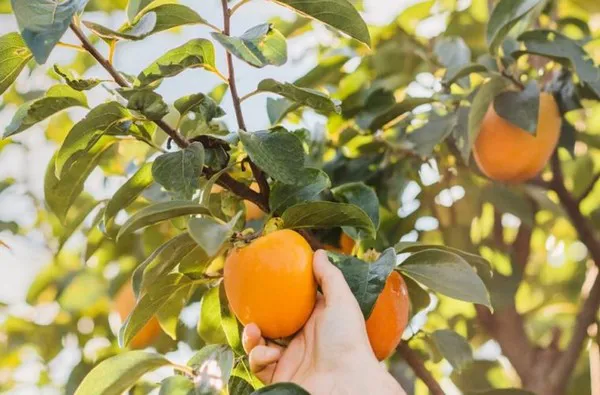The supply of Spanish persimmons may be compromised by the shortage of a fundamental component for the elimination of the fruit's astringency: CO2 gas.
This problem adds to other issues, like the announced transport strike to take place at the end of the month, the shortage of labor, and the reduction of about 40% in this season's harvest, which is resulting in a drop in the fruit's supply at a time when the demand usually peaks.
"We work with a few CO2 gas suppliers and all of them have seen their supply capacity reduced by around 50%", says Pascual Prats, president of the Spanish Persimmon Association.

"We've already had a shortage of this material for 10 days, and we need it to be able to market the Rojo Brillante persimmon. In fact, there are some companies that have been forced to stop their production due to the lack of CO2. We don't know if we will be able to meet the demand in the next few days before Christmas, since a transport strike has also been announced for December 19, 20 and 21," he says.
It should be recalled that these setbacks are reported in a campaign in which the persimmon production has been reduced by about 40% due to the impact of pests and hail. "In recent days, strong winds have taken a toll on the persimmons and caused an increase in the amount of second class categories, so the supply of first class persimmons is very limited," says Pascual Prats.
The president of the Persimmon Association also claims that prices are currently not at the expected level, despite the shortage. "Prices have risen slightly compared to last season, but not enough to offset the rise in production costs, as producing and packaging persimmon costs us between 10 and 12 cents more than last season."
According to the representative of this association, which brings a large part of Spain's persimmon producers together, the sector has been having difficulties in finding labor, due to the fact that the citrus season is in full swing. There are still about 25 days left for the persimmons to be harvested and stored in chambers.
The recent announcement of the veto on fruit and vegetables from the EU, as well as other Western countries, by Belarus are not good news for Spanish persimmons either, as exports had increased significantly since the Russian embargo was implemented in 2014.
For more information:
Pascual Prats
Asociación Española del Kaki
Calle Isabel la Católica, 6 - Pta. 9 y 10
46004 Valencia, Spain
T: (+34) 902 920 515
info@aekaki.es
www.aekaki.es
